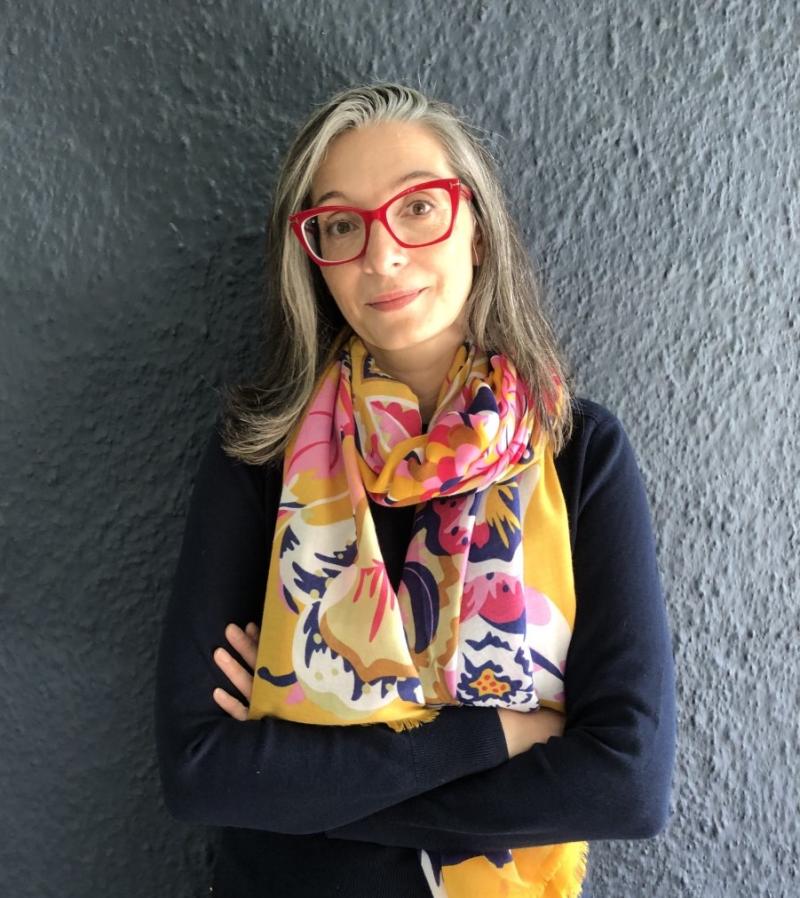Adrienne Ghaly

A scholar of modern and contemporary literature, Adrienne Ghaly specializes in environmental humanities, novel studies and theory, and using literature and humanities methods for public advocacy and policy change on climate and environmental justice. Her research interests include the transatlantic modern and contemporary novel and post-novelistic media, cultural histories and archives of biodiversity loss and species extinction, the literature of planetary crisis, and how literary critical methods can help us think through urgent global challenges.
Ghaly holds a Ph.D. in English from NYU (2014) and her BA is from the University of Chicago. From 2017 – 2022 she was a Postdoctoral Fellow in Arts and Sciences and then in the Environmental Humanities Labs at UVA. From 2022-2023 she was a Humanitarian Collaborative Practitioner Fellow at the UVA Global Policy Center where she was co-creator of a global initiative at the intersection of humanities research and public policy and advocacy challenges around climate, conflict, and humanitarian crisis in partnership with the United Nations Office for the Coordination of Humanitarian Affairs.
Her first book project is Novel Proximities: On Closeness and Relational Life. It explores extreme proximities between characters and nonhuman worlds in modern and contemporary novels of late realism. It argues that these texts’ cultural and philosophical significance is how they answer the most urgent question of our historical moment: how to envision, write, and bring to visibility complex relations to the nonhuman and material world? Emerging from a long term engagement with extinction studies, her second book project, Archives of Extinction: Mass Biodiversity Loss and the Aesthetics of Everyday Life, tracks the multi-scalar effects of ‘everyday’ practices and the documents that record them, reframing the biocultural significance of novels, songs, advertisements and art in the 20th century.
As an incoming assistant professor with the Department of English, Ghaly will be a core member of the Environmental Humanities faculty and in the spring teach the graduate seminar for the graduate certificate program in Environmental Humanities. This fall she will teach “Literatures of the Nonhuman” for undergraduates and new English majors.
